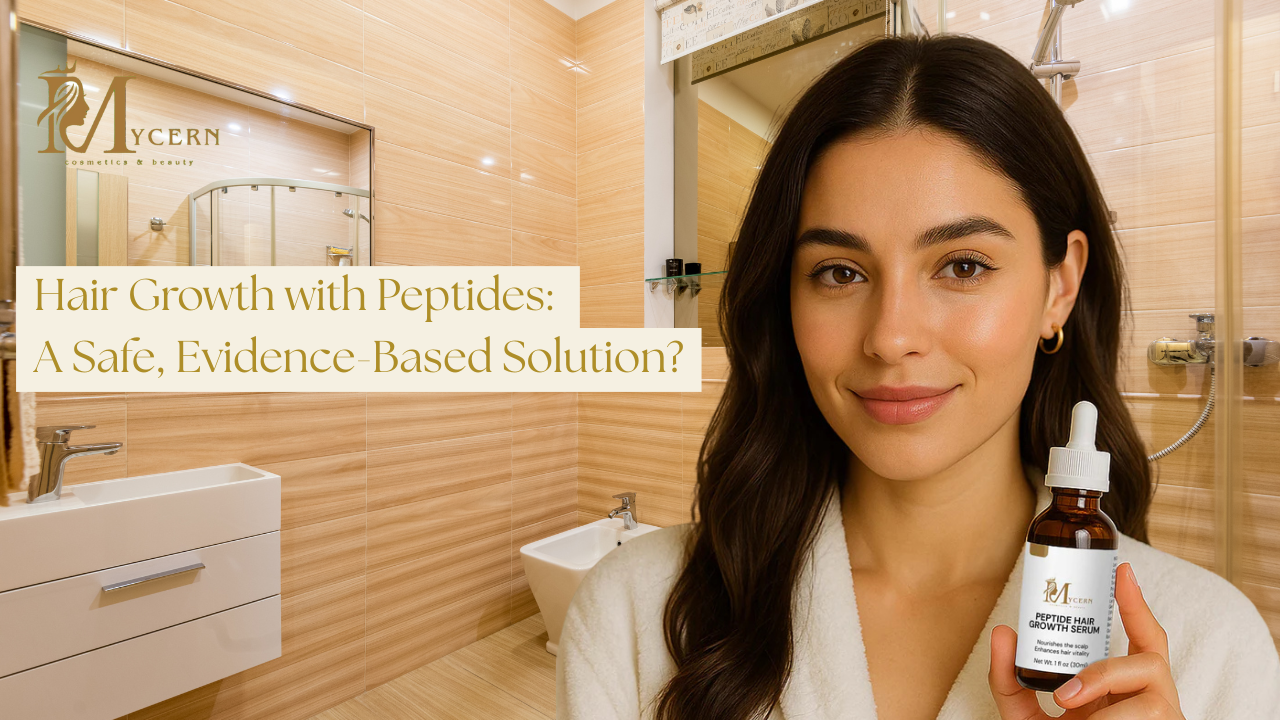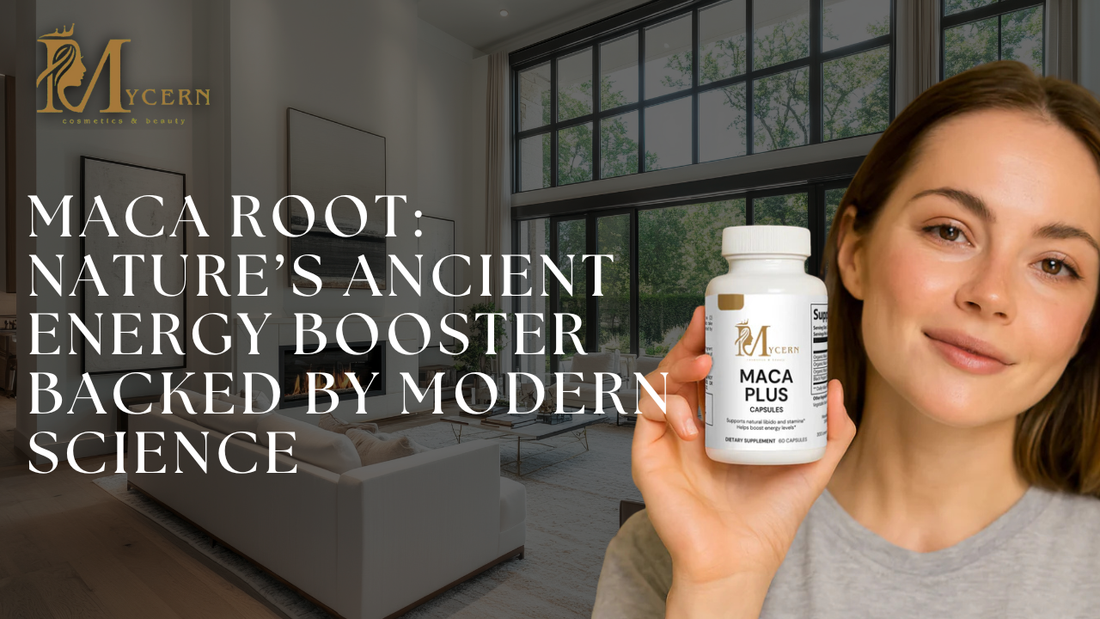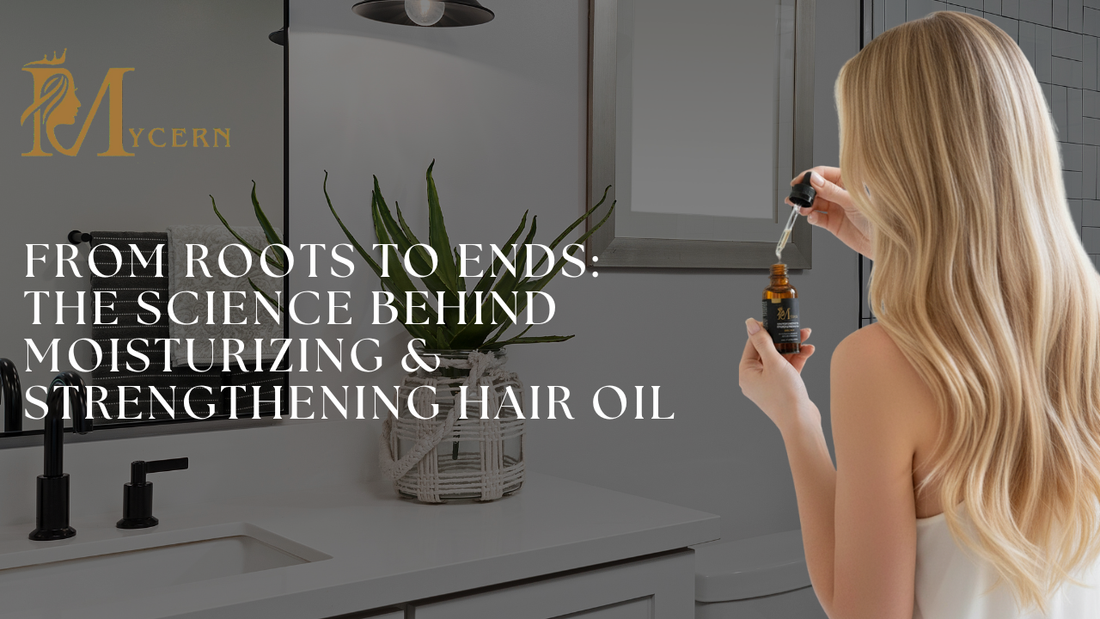Hair follicles, made up of dermal papilla cells and epithelial cells, develop and differentiate during hair growth [1]. The life cycle of hair follicles is divided into three stages: anagen (growth), catagen (regression), and telogen (resting). Encouraging telogen-to-anagen transition and anagen elongation are essential for preserving healthy hair [2, 3]. Although minoxidil has long been a well-liked option, peptides are becoming increasingly strong substitutes that could change the course of hair regeneration in the future [4]. However, what is the evidence to support the claim that peptides are a safe treatment for hair loss?

What are Peptides?
Short sequences of amino acids called peptides serve as building blocks for proteins. The use of certain peptides to target and affect biological processes is known as peptide therapy. Peptide therapy targets hair follicle stimulation and healthy hair growth to promote hair restoration [5].

How Do Peptides Promote Hair Growth? Evidence from Research
Peptides are increasingly valued for their low toxicity, minimal inflammatory effects, excellent absorption owing to their small molecular size, and reduced ethical and regulatory hurdles [3]. In hair growth serums:
Peptides mimic natural growth factors: They communicate with hair follicle cells, particularly dermal papilla cells, to prolong their time in the anagen phase or growth phase. Consequently, more hair follicles remain active and continue to produce hair [4].
Peptides stimulate keratin production: Certain peptides stimulate keratinocytes, which are responsible for the production of keratin, to increase their activity. More keratin = thicker, stronger hair strands [6].
Peptides improve follicle health: By enhancing cell communication and circulation, these peptides aid in the rejuvenation of weakened or shrunken follicles, which are often associated with hair thinning [4, 7].
Peptides in Action: What’s Inside Mycern’s Formula
Advanced bioengineered peptides that imitate the body's natural growth factors, such as sh‑Polypeptide‑1, sh‑Polypeptide‑9, sh‑Polypeptide‑11, sh‑Oligopeptide‑2, and sh‑Oligopeptide‑10, are present in serum. Together, these peptides create a perfect environment for thicker, healthier hair by increasing keratin production, improving blood flow to the scalp, stimulating follicle activity, and assisting hair to remain in its growth phase for longer.
Conclusion
Peptides present a promising pathway for promoting hair growth by enhancing scalp health, stimulating hair follicles, and strengthening hair. With Mycern Peptide Hair Growth Serum, you can enjoy the advantages of a scientifically supported, peptide-based approach for achieving safe and effective outcomes.
References
About the Author
Dr. Hina Manzoor, Ph.D. in Biochemistry, is a nutraceutical specialist with over four years of experience as a Quality Control Manager in the supplement industry. She is passionate about bridging the gap between science and wellness, providing evidence-based insights to help readers make smarter health decisions.





